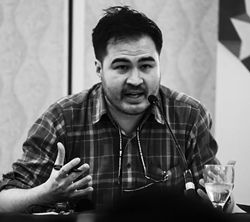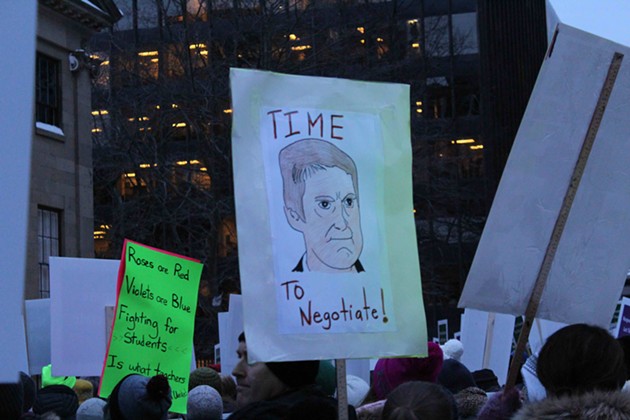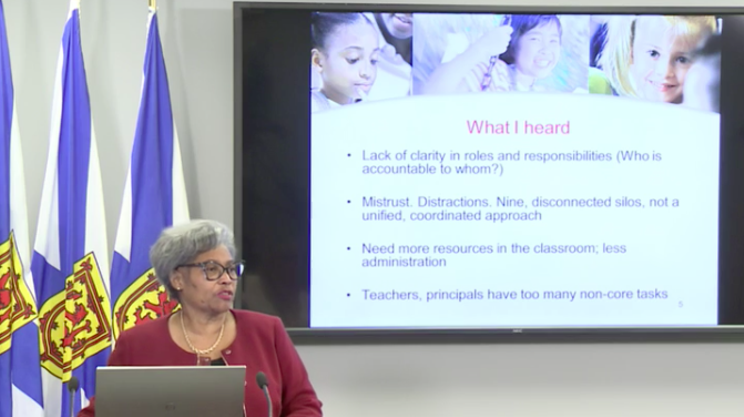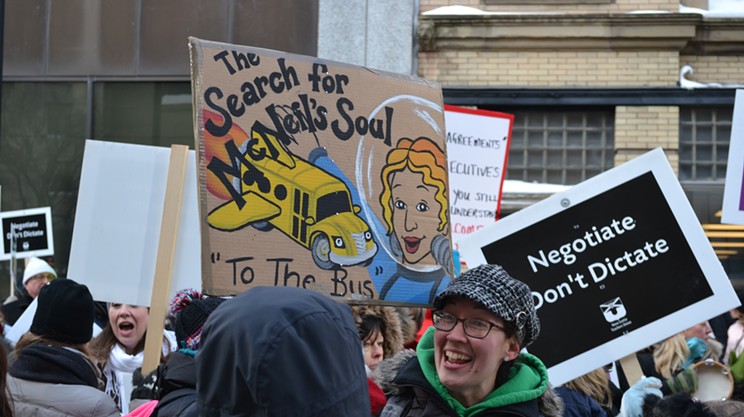If we’ve learned anything during the protracted negotiations between the province and the Nova Scotia Teachers Union it’s that there is a massive gulf between how teachers, students and parents understand the current state of public education, and how premier Stephen McNeil sees it. This gap was never clearer than when McNeil claimed he needed to steamroll over the democratic rights of teachers so the education system could go back to normal. The reason we’re in this mess is because McNeil still doesn’t understand that the system has not been working.

The rank-and-file members of the NSTU have used their ability to collectively bargain to demand not just proper wages and benefits for themselves, but also improvements in their classrooms and better supports for their students. After seeing the hope they have placed in politicians go nowhere, teachers took it upon themselves to use the threat of job action to try to force the current government to make meaningful changes to education. For as long as I can remember, every party leader has promised to fix education, and none has delivered. Indeed, they’ve all made it worse. With no other means of forcing politicians to keep their word, teachers used the only real power that they have: the threat of withholding their labour. Work-to-rule didn’t create a crisis in our public school system—it simply made visible the crisis that was already there.
Unfortunately, Nova Scotia’s Liberal government appears to be so focused on using negotiations with teachers to set a wage pattern for the rest of the public sector that it’s developed tunnel vision. For McNeil and his
It seems likely that teachers will have a contract imposed upon them early next week. They won’t be allowed to vote on it. There won’t even be any neutral third-party arbitration, just the employer overriding the democratic rights of
For awhile things will indeed go back to normal, just like the premier wants, but if he
Teachers wanted the premier to listen to them and try to improve a vital public service. In other
















